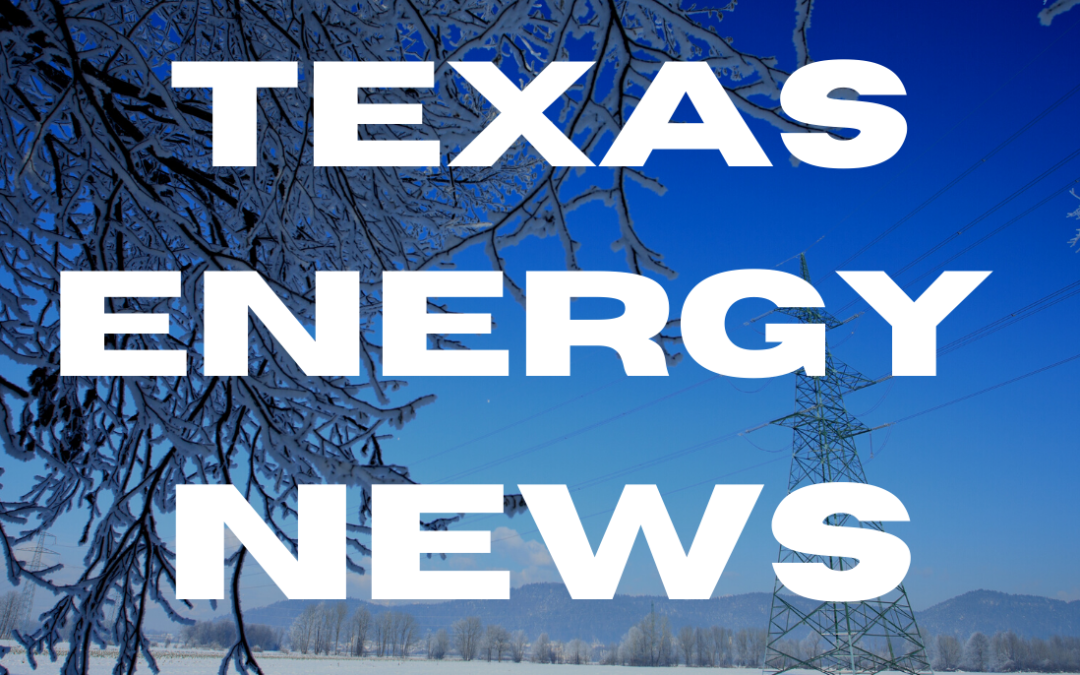The proposed new rules would replace a 1970s-era rule known as “Order 489” that relates to gas deliveries during “curtailment events.”
________________________________________________
In response to this year’s devastating power outages—and with an eye toward maintaining natural gas supplies for critical electricity generation — the Texas Railroad Commission has proposed changes to long-standing rules governing emergency natural gas curtailments.
The proposed new rules would replace a 1970s-era rule known as “Order 489” relating to gas deliveries during “curtailment events;” i.e., when gas utilities lack sufficient supply to serve all customers. Railroad staff proposed the rules on November 8, are accepting stakeholder comments through January 7, and they would take effect on April 1.

The Texas Railroad Commission has proposed changes to long-standing rules governing emergency natural gas curtailments.
In specific terms, the proposed rules would amend a section of the Texas Administrative Code (16 TAC § 7.455) relating to curtailment standards. The proposed rules likewise repeal a section of the Texas Administrative Code (16 TAC § 7.305) relating to the agency’s existing curtailment program. The new rules broadly parallel emergency guidelines that the Railroad Commission issued in February in response to Winter Storm Uri.
The proposed rules enumerate different categories of gas service by order of priority, with the lowest priority service being the first in line for curtailments during shortage situations. The highest priority categories include: 1) firm deliveries of natural gas to human needs customers and firm deliveries of natural gas to local distribution systems that serve human needs customers; 2) firm deliveries of natural gas to electric generation facilities; and 3) firm deliveries of natural gas to industrial and commercial users of the minimum amount required to prevent physical harm to plant facilities, plant personnel, or the public.
The rules enumerate other priority categories, make a distinction between “firm” and “interruptible” deliveries, and establish that “firm” gas service has a higher priority than “interruptible” gas service. However, the proposed rules do not define “firm deliveries,” and they define “interruptible deliveries” only as “subject to interruption or curtailment under mutually agreed upon contracts and/or tariffs.” The proposed rule also appears to allow a utility to provide “interruptible deliveries” to human needs customers.
The rules require gas utilities to file a curtailment plan with the Railroad Commission within 90 days of the effective date of the rules. Utilities also must maintain curtailment emergency contact information with the commission.
Stakeholder comments in the rulemaking are due by January 7. To view the proposed rules visit the RRC website at https://www.rrc.texas.gov/

